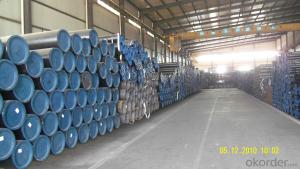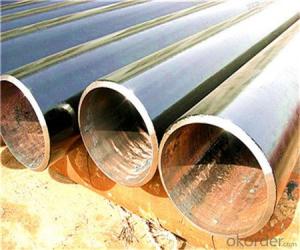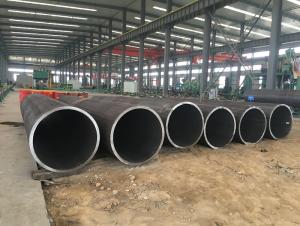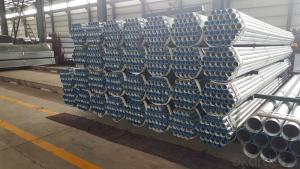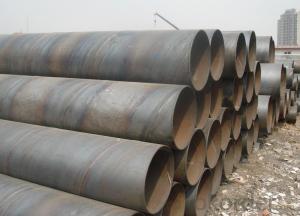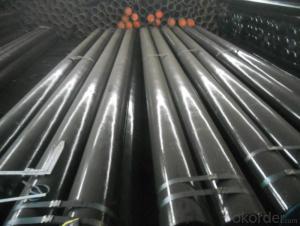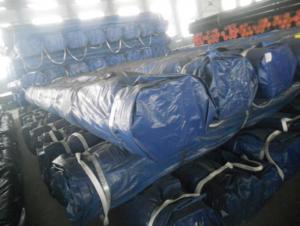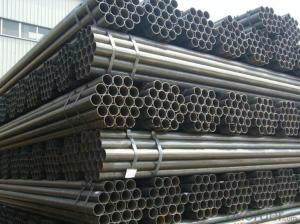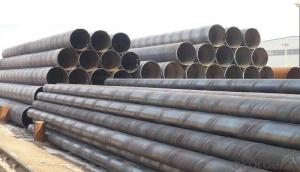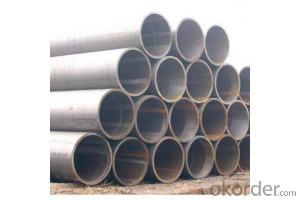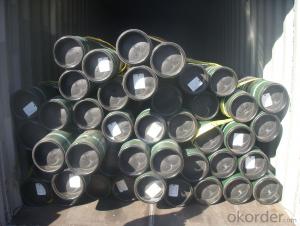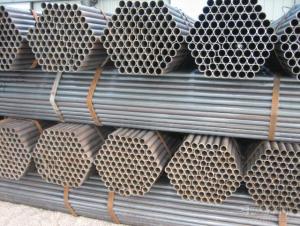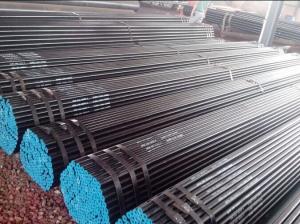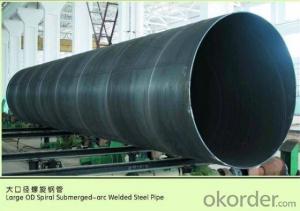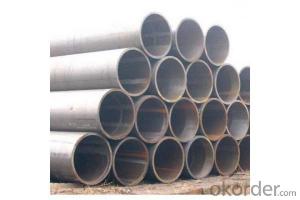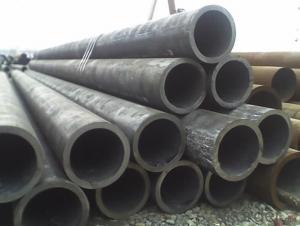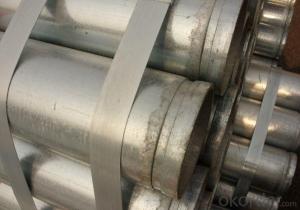All Categories
- - Steel Wire Rod
- - Steel Coils
- - Steel Profiles
- - Steel Pipes
- - Stainless Steel
- - Tinplate
- - Special Steel
- - Steel Sheets
- - Steel Rebars
- - Steel Strips
- - Hot Rolled Steel
- - Cold Rolled Steel
- - Pre-painted Steel
- - Seamless Steel Pipe
- - Welded Steel Pipe
- - Hollow Steel Tubes
- - Galvanized Pipe
- - Stainless Steel Coil
- - Stainless Steel Sheet
- - Stainless Steel Plate
- - Stainless Steel Strips
- - Electrolytic Tinplate Coil
- - Electrolytic Tinplate Sheet
- - Stainless Steel Rebars
- - Solar Panels
- - Solar Water Heater
- - Solar Related Products
- - Solar Inverter
- - Solar Cells
- - Solar Light
- - Solar Energy Systems
- - Solar Controllers
- - Solar Mounting System
- - Solar Pump
- - Solar Chargers
- - Fiberglass Chopped Strand
- - Fiberglass Mesh Cloth
- - Composite Pipes
- - FRP Pultrusion Profiles
- - Fiberglass Mat Tissue
- - Fiberglass Fabrics
- - Fiberglass Mesh
- - Composite Tank
- - Fiberglass Mesh tape
- - Polymer
- - FRP Roofing Panel
- - Fiberglass Roving
- - Monolithic Refractories
- - Ceramic Fiber Products
- - Refractory Bricks
- - Raw Materials For Refractory
- - Suspended Platform
- - Cranes
- - Concrete Machinery
- - Earthmoving Machinery
- - Building Hoist
- - Road Building Machinery
- - Plastic Pipe Fittings
- - Plastic Tubes
- - Plastic Sheets
- - Agricultural Plastic Products
- - Plastic Nets
 All Categories
All Categories
Q & A
How do you calculate the buoyancy of submerged steel pipes in underwater applications?
To calculate the buoyancy of submerged steel pipes in underwater applications, you can use Archimedes' principle. This principle states that the buoyant force acting on an object submerged in a fluid is equal to the weight of the fluid displaced by the object. In this case, the buoyant force acting on the steel pipe will be equal to the weight of the water displaced by the submerged portion of the pipe. By knowing the volume of the submerged portion of the pipe and the density of water, you can calculate the buoyant force and determine whether the pipe will float or sink.
What are the safety measures and regulations for welding and joining steel pipes in industrial applications?
In industrial applications, safety measures and regulations for welding and joining steel pipes are crucial to ensure the protection of workers and the integrity of the pipes. Some common safety measures and regulations include:
1. Personal Protective Equipment (PPE): Welders should wear appropriate PPE, including welding helmets, safety glasses, fire-resistant clothing, gloves, and steel-toed boots, to safeguard against burns, sparks, and other potential hazards.
2. Ventilation: Adequate ventilation systems should be in place to remove fumes and gases generated during welding, preventing respiratory issues and maintaining air quality.
3. Fire Prevention: Fire extinguishers and fire blankets should be readily available in case of a fire. Additionally, welding should be conducted in designated areas free from flammable materials.
4. Welding Procedures: Following specific welding procedures and techniques, such as preheating, controlled heat input, and proper electrode selection, is essential to maintain the structural integrity and strength of the welded joints.
5. Inspection and Testing: Regular inspection and testing of welded joints should be conducted to ensure quality and detect any potential defects or weaknesses. This may involve non-destructive testing methods like visual inspection, ultrasonic testing, or radiographic examination.
6. Training and Certification: Welders should receive proper training and certification in welding techniques and safety procedures to ensure competence and adherence to industry standards.
7. Compliance with Codes and Standards: Adhering to relevant codes and standards, such as those set by the American Welding Society (AWS) or Occupational Safety and Health Administration (OSHA), is crucial for maintaining safety in welding operations.
By implementing these safety measures and complying with regulations, industrial applications involving welding and joining steel pipes can be conducted with reduced risks and improved overall safety.
What are the implications of water hammer in steel pipe systems, and how can it be mitigated?
Water hammer in steel pipe systems can have several implications. Firstly, it can cause significant damage to the pipes and other components of the system, leading to leaks, cracks, and even pipe bursts. This can result in costly repairs and potential downtime for the system. Secondly, water hammer can create excessive noise and vibrations, causing discomfort and disturbance to the surrounding environment. Lastly, it can also cause pressure surges, which can impact the performance and efficiency of the system.
To mitigate water hammer, several measures can be taken. One approach is to install surge suppressors or water hammer arrestors, which absorb the shockwaves and prevent them from damaging the pipes. These devices are typically equipped with air chambers or cushions that absorb the sudden pressure changes. Additionally, the system can be designed with proper pipe sizing and layout to minimize the occurrence of water hammer. This involves using gradual bends, avoiding sudden changes in pipe diameter, and ensuring adequate support for the pipes to reduce the transmission of shockwaves. Furthermore, control valves and pressure relief valves can be used to regulate and release excess pressure, preventing the formation of water hammer. Regular maintenance and inspection of the system is also crucial to identify and address any potential water hammer issues promptly.
Wholesale Steel Pipes from supplier in Malawi
We understand the importance of reliable and high-quality steel pipes for various industries in Malawi. Whether you are involved in construction, infrastructure development, oil and gas, water supply, or any other sector that requires steel pipes, we can cater to your specific needs.
Our sales team is dedicated to assisting you throughout the procurement process. We offer competitive prices, ensuring that you receive cost-effective solutions without compromising on quality. Our quotations are tailored to your requirements, taking into account factors such as quantity, specifications, and delivery timelines.
Technical support is an integral part of our service offering. Our team of experts is well-versed in the technical aspects of steel pipes and can provide guidance on material selection, sizing, and installation. We can also assist with any customizations or special requirements you may have.
As a subsidiary of CNBM, a Fortune Global 500 company, we have access to a vast network of resources and expertise. This enables us to source and supply a wide range of steel pipes, including seamless pipes, welded pipes, galvanized pipes, and more. We prioritize quality and ensure that our products meet international standards and certifications.
Having operated in Malawi for years, we have gained valuable market knowledge and insights. We understand the local conditions, regulations, and industry dynamics, allowing us to provide you with the most suitable solutions. We are committed to building long-term relationships with our clients, based on trust, reliability, and excellent customer service.
Contact us today to discuss your steel pipe requirements in Malawi. Our team is ready to assist you and provide tailored solutions that meet your specific needs.
Our sales team is dedicated to assisting you throughout the procurement process. We offer competitive prices, ensuring that you receive cost-effective solutions without compromising on quality. Our quotations are tailored to your requirements, taking into account factors such as quantity, specifications, and delivery timelines.
Technical support is an integral part of our service offering. Our team of experts is well-versed in the technical aspects of steel pipes and can provide guidance on material selection, sizing, and installation. We can also assist with any customizations or special requirements you may have.
As a subsidiary of CNBM, a Fortune Global 500 company, we have access to a vast network of resources and expertise. This enables us to source and supply a wide range of steel pipes, including seamless pipes, welded pipes, galvanized pipes, and more. We prioritize quality and ensure that our products meet international standards and certifications.
Having operated in Malawi for years, we have gained valuable market knowledge and insights. We understand the local conditions, regulations, and industry dynamics, allowing us to provide you with the most suitable solutions. We are committed to building long-term relationships with our clients, based on trust, reliability, and excellent customer service.
Contact us today to discuss your steel pipe requirements in Malawi. Our team is ready to assist you and provide tailored solutions that meet your specific needs.
